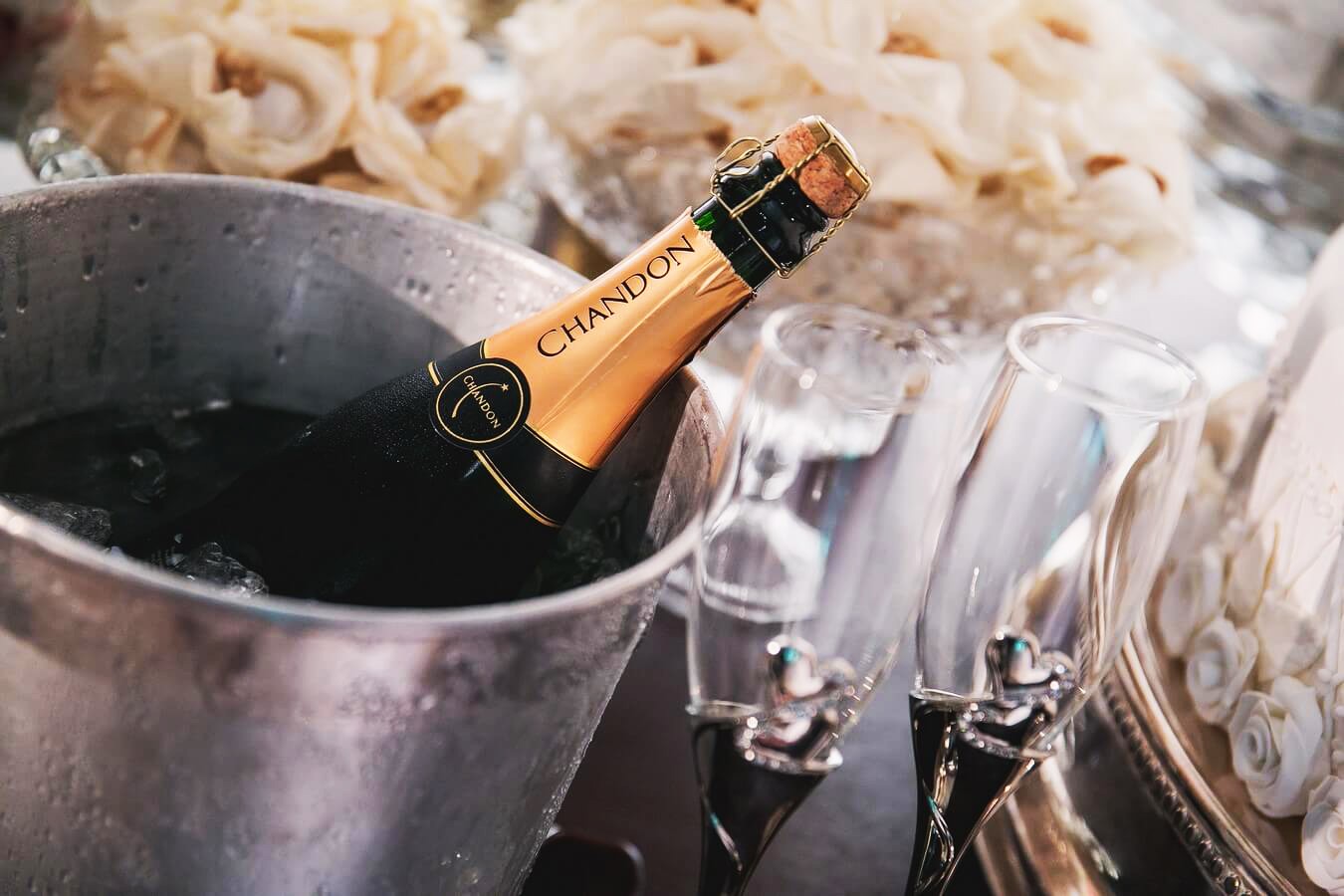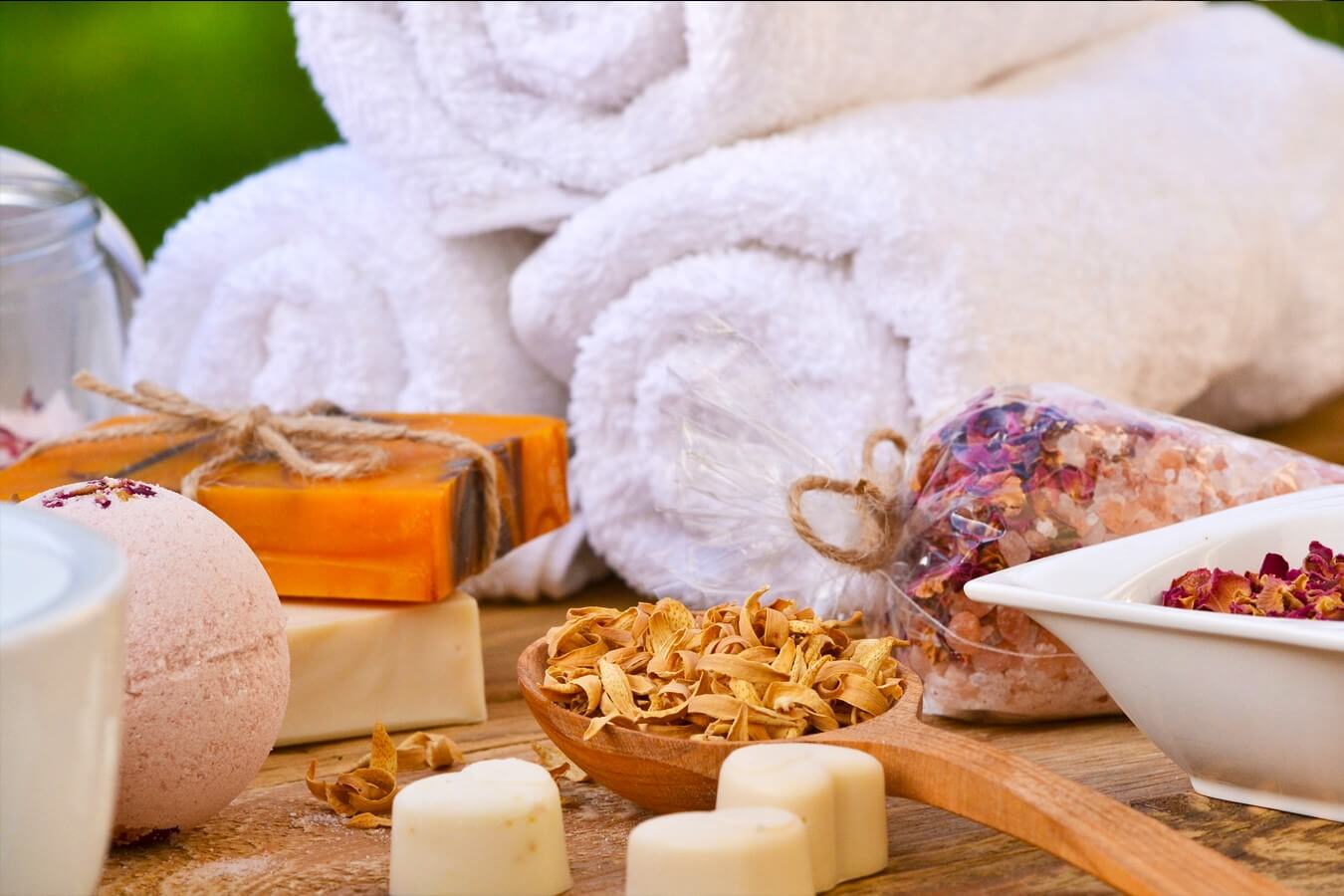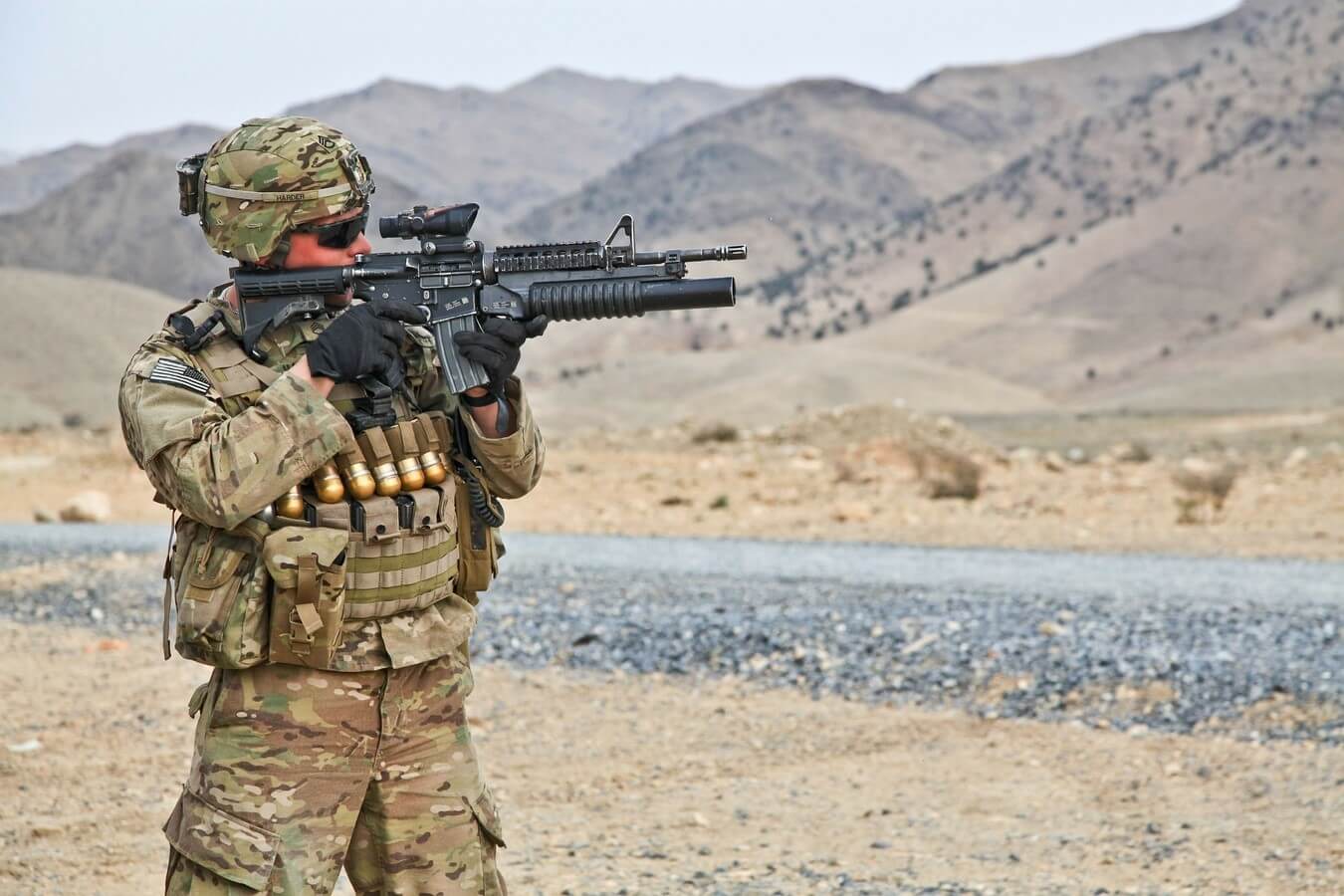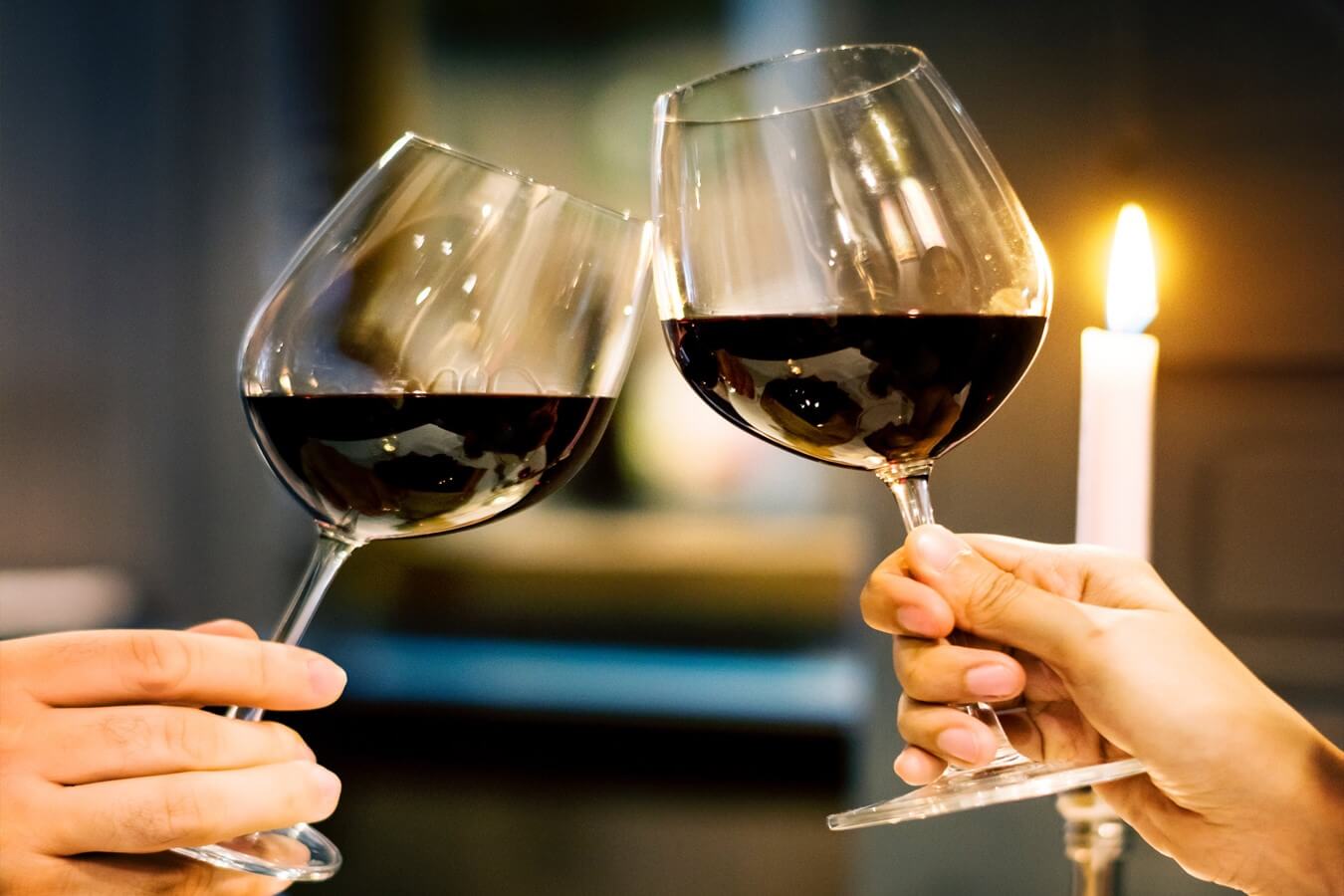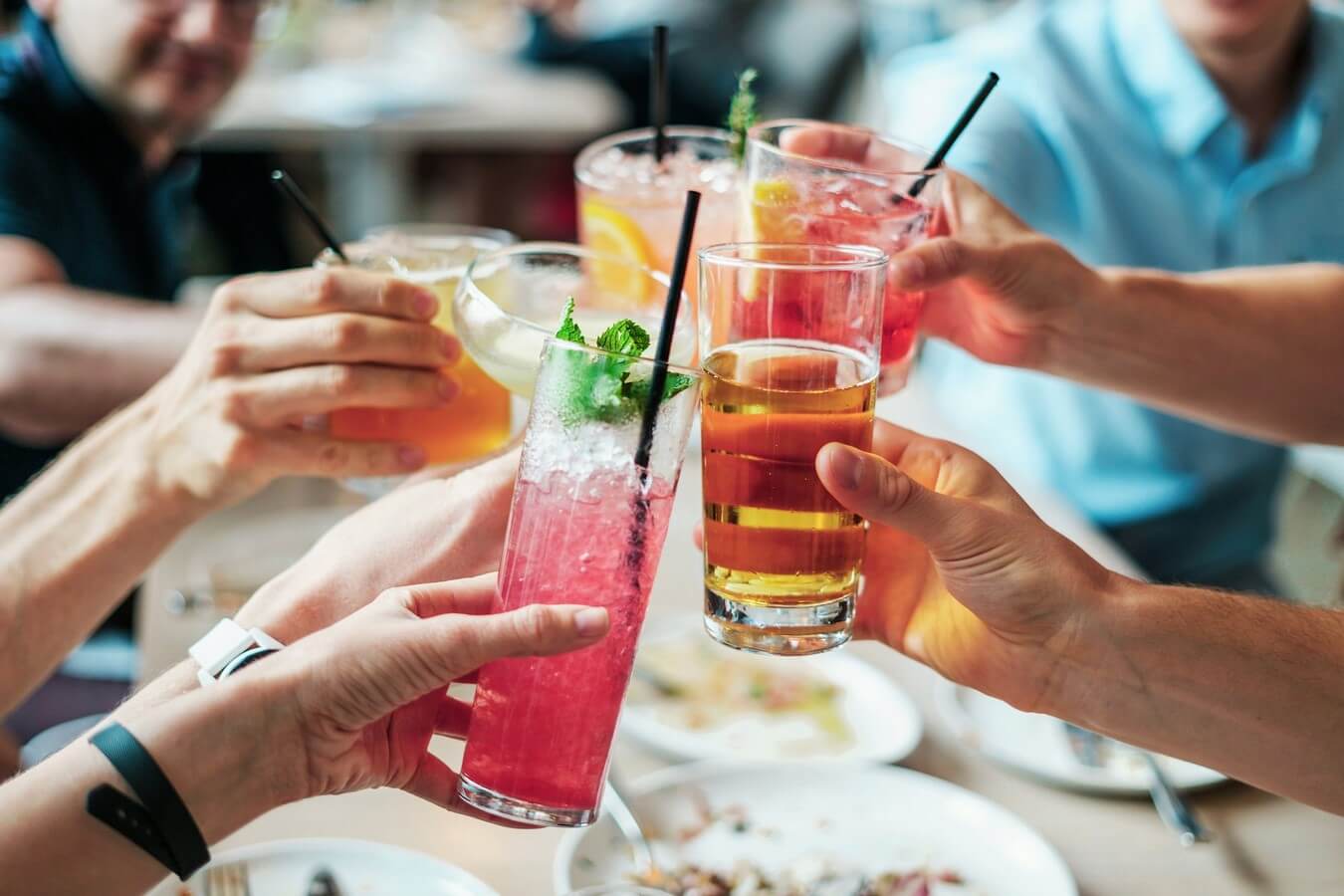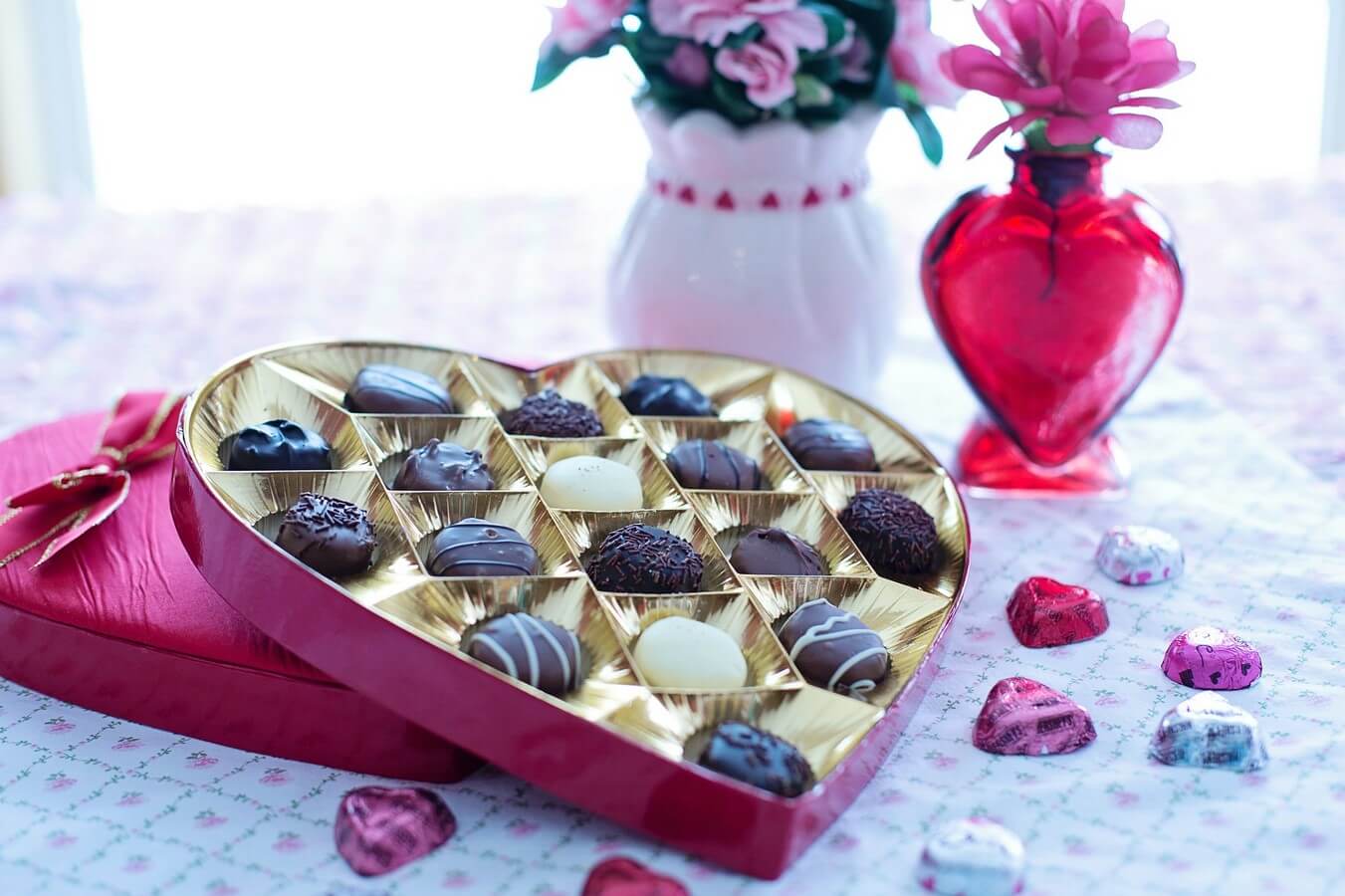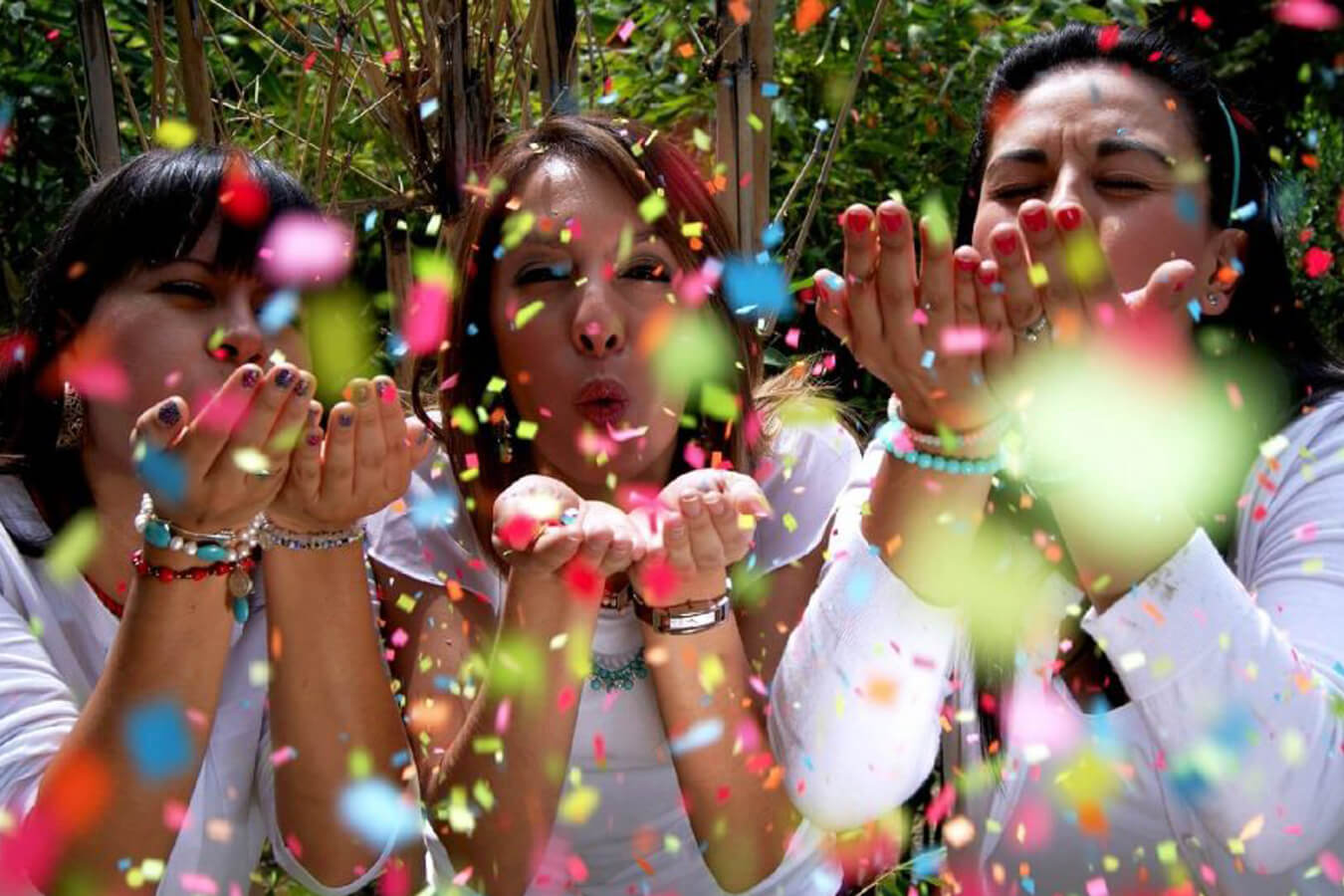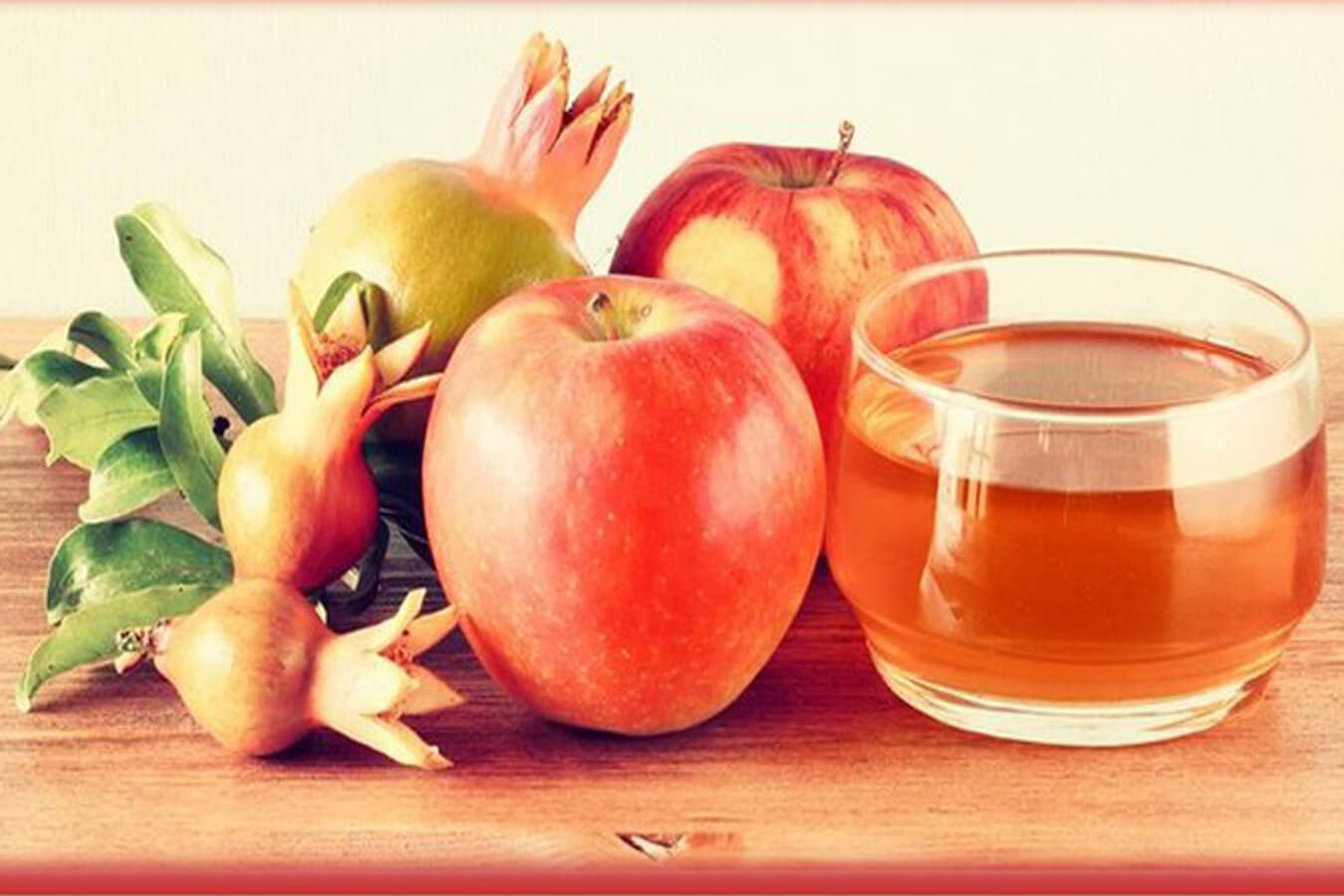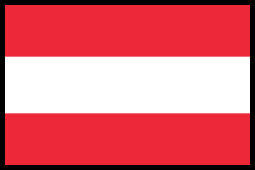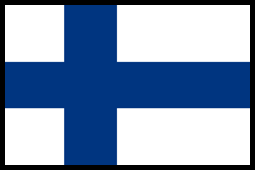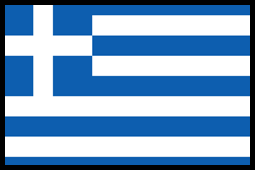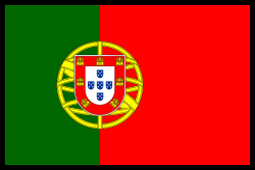Send Gifts In Europe / Germany / Gift Baskets to Munchen

Send Gift Baskets to Munchen, Germany
Are you looking for the best and perfect gift baskets to Munchen, Germany for your loved one? If yes, you reached the right place.
Munich, Bavaria’s capital, is home to centuries-old buildings and numerous museums.
The population of Munchen: 1.45 million
The standard delivery method to Munchen: 2 – 3 working days*
The express delivery method to Munchen: 1 – 2 working days*
*Saturday and Sunday are not included as working days
Use Our Advice
We are here always at your service.
No Minimum Order
Each customer is important to us.
Shipping Information
We deliver all over Europe.
Discover Our Gift Baskets For Every Occasion
Holiday Gifts
Munchen Overview
It is the capital of the German state of Bavaria and its most populous city. It is currently Germany’s third largest city, following Berlin and Hamburg. It was also the first city in modern Europe where a national parliament was established in 1848.
The city of Munchen in Bavaria offers centuries-old buildings and fascinating museums. Visitors can also enjoy the annual Oktoberfest celebration while they’re in town. Munchen’s hall of fame is its beer halls, including the famous Hofbrauhaus, founded in 1589. The Altstadt of Munchen, or the ‘Old Town (Altstadt), is home to the iconic Neo-Gothic Neues Rathaus building, which was designed by architect Ludwig Hilfels and completed in 1894. This imposing town hall has a popular glockenspiel that tells historic stories that date back to the 16th century.
Etymology
The name of the city is usually interpreted as deriving from Middle High German “Münch”, meaning “by the monks”. A monk also appears on the city’s coat of arms.
The town is first mentioned in the 14th century during emperor Frederick I‘s arbitration between Munchen and Augsburg.
The meaning of Munchen’s name varies depending on the language. In English, we say “Munchen”, in French, Spanish, and various other languages we say “Monaco di Baviera”, and in Italian, they would read it as “Monaco di Baviera”. In Portuguese, they would say “Munique”.
Prehistory
Some of the earliest evidence of settlements and graves from the Bronze Age can be found in places like Freiham/Aubing in Munchen. Celtic settlements from the Iron Age have also been discovered in areas like Perlach.
Roman period
It’s said that the Roman Via Julia – which connected Augsburg and Salzburg – crossed over the Isar River south of modern-day Munchen. There was a settlement northeast of downtown Munchen, excavated in the neighborhood.
Post-Roman settlements
In the 6th century and beyond, various ethnic groups, such as the Baiuvarii, populated the area around modern Munchen. The first recorded Christian church in Munchen was built in F814.
Topography
Munchen lies on the elevated plains of Upper Bavaria, about 50 kilometers north of the northern edge of the Alps, at an altitude of about 520 meters. The local rivers are the Isar and the Würm. Munchen is situated in a basin, called “Noerdliches Becken”). The northern half of this sandy plateau is fertile and no longer affected by the folding processes found in the Alps, while the southern part is covered with morainic hills. There are also fields made up of fluvioglacial outwash in between. Wherever these deposits get thinner, groundwater can penetrate the gravel surface and form marshes, like in the north of Munchen.
Climate
The climate of this country is oceanic, as it’s based on the Köppen classification. This means there is more summer heat without any permanent snow (though it does get pretty cold in winter). More rainfall in the Alps means they’re more vulnerable to flood problems. Studies of how to adapt have been carried out, one of which is the EU’s Isar Plan.
Munchen city center is situated in between climates, and the airport of Munchen features a humid continental climate. The warmest month, on average, is July. The coolest on average is January.
The summer months see the most precipitation. The thunderstorms that occur in these months provide an average of 20 days of rain throughout the summer and typically cause greater levels of rainfall. Winter months, on the other hand, see less precipitation with only 14 days of rain on average.
Located at a higher elevation and closer to the Alps, the city has more rain and snow than many other parts of Germany. The Alps affect the city’s climate in other ways as well: for example, the warm downhill wind (föhn wind) from the Alps. It can make temperatures rise sharply even in winter.
Munchen has a variety of different climatic influences, being in the center of Europe. This means that the weather in Munchen can be more changeable than in other major European cities, especially those further west and south.
Demographics
The population of Munchen has surged in recent decades and it’s now Germany’s third-most populous city. In the 19th century, only 24,000 people lived there but by some counts, this figure had grown to 1 million by 1933. The doubling time of 30 years means that while the number of inhabitants grew rapidly, the change was sometimes gradual.
Immigration
In July 2017, Munchen had 1.42 million inhabitants; 421,832 foreign nationals resided in the city as of 31 December 2017 with 50.7% of these residents being citizens of EU member states, and 25.2% citizens in European states not in the EU (including Russia). The largest groups of foreign nationals are from Turkey (39,204 people), Croatia (33,177), Italy (27,340), Greece (27,117) Poland (27,945), Austria ,Romania.
Religion
About 45% of Munchen residents don’t belong to any religious group, which is the fastest-growing segment of the population. This trend can be seen in other parts of Germany too, with churches no longer as important to many Germans. As of December 31st, 2017, 31.8% of the city’s inhabitants identified themselves as Catholic, 11.4% as Protestant, 0.3% as Jewish, and 3.6% as members of an Orthodox Church (Eastern or Oriental release). About 1% adhere to other Christian denominations. Along with the many Christian churches in Munchen, there is a small Old Catholic parish and an English-speaking parish of the Episcopal Church. According to Munchen Statistical Office, in 2013 about 8.6% of Munchen’s population was Muslim.
Government and politics
As the capital of Bavarian, Munchen is an important political center and is therefore both the seat of the Landtag and home to other important institutions. They all make sure to represent the state on a national level. Several significant national and international authorities are in Munchen, such as the Federal Finance Court of Germany and the European Patent Office.
Sports
Football
– Munchen is a football-obsessed city. There are lots of successful clubs including Bayern Munchen who have won the UEFA Champions League on multiple occasions.Basketball
– FC Bayern Munchen Basketball, which plays in the Beko Basket Bundesliga is currently playing.Ice hockey
– The city’s ice not only has a professional ice hockey team in the DEL but is also home to EHC Red Bull München.Olympics
– Some people say that Munchen hosted the 1972 Olympic Games. However, they were disaster-prone this time because the ‘1972 Olympics Massacre’ happened on 26 September in their Olympic village; 1972’s ‘Munchen Summer Olympics’ was bloody.Road running
– The Munchen Marathon is an annual road running event in Munchen. It usually takes place in October.Swimming
– The public sporting facilities in Munchen include 10 indoor pools and 8 outdoor pools which are operated by the Munchen City Utilities (SWM) communal company.River surfing
– Munchen is a surfing hotspot that offers one of the best-known rivers for surfing in the world.
Language
The Bavarian Dialects can only be found near Munchen, with a variety called West Middle Bavarian or Old Bavarian (Westmittelbairisch / Altbairisch). This dialect is still spoken yet does not have any official status.
Cuisine and culinary specialties
One of the many things Munchen does well is Bavarian food and this sausage is one of its most iconic dishes. Weisswurst was invented here in 1857. It is a Munchen specialty. Traditionally eaten only before noon, it’s a tradition dating to a time without refrigerators that often accompanies the sweet mustard and freshly baked pretzels.
In the 2020 edition of the Michelin Guide, Munchen had a total of 11 restaurants that were awarded one or more Michelin stars.
Nightlife
Munchen has a rich nightlife scene, there’s something for everyone! The most active party place is the city center (Altstadt-Lehel). But you can also find clubs, pubs and other interesting places in Maxvorstadt, Ludwigsvorstadt-Isarvorstadt, Au-Haidhausen, and Schwabing. One of the things that define this area is, in fact, its never-ending party spirit. Along Sonnenstraße you can find a high concentration of clubs and bars with lively atmospheres. The Feierbanane has become the hub of Munchen’s nightlife and can get very crowded, especially on the weekend. Officials are debating whether to put security measures in place for this party zone. Some of the issues may be related to alcohol-related crimes and the general impact it has on residents as well as day-time businesses.
Education
Munchen is a leading location for science and research with a long, esteemed list of Nobel Prize Laureates from Wilhelm Conrad Röntgen in 1901 to Theodor Hänsch in 2005. Munchen was made a spiritual center as early as the 13th Century, when Emperor Louis IV protected writers like Michael of Cesena, Marsilius of Padua, and William of Occam. The TU and LMU do a lot of collaborative research. Two of the first three German universities to be awarded the title elite university by a selection committee that includes academic and state members. No other university has won this honor until the two Munchen universities and the Technical University of Karlsruhe did so in 2006. This gives other universities a chance at attracting research funds for their institution.
Economy
A survey by the research institute IAB found that the Munchen economy is the strongest of any German city and its unemployment rate is 5.4% (the lowest of any city with 1 million or more citizens). Munchen is Germany’s third largest city by GDP and one of its best business hotspots. This doesn’t mention what it has to offer, or how its cities might affect these things. Munchen topped the magazine Capital’s ranking in February 2005 for economic prospects across 60 German cities during 2002-2011.
Munchen is Germany’s and Europe’s main financial center. This includes more companies listed on the DAX exchange than any other German city. Furthermore, many foreign companies, including McDonald’s will have their headquarters here. One of the new, popular companies in Munchen is Flixbus.
Quality of life
People living in Munchen have a high quality of life. Mercer regularly ranks Munchen among the top 10 cities worldwide with the highest living quality. A recent survey places it at 4th place–between Geneva and Beijing. In 2007, the same company ranked Munchen as the 39th most expensive city in the world and the 4th most expensive major European city. Munchen has enjoyed a thriving economy driven by industries such as Information Technology, Bio-Technology, and Publishing. Air quality in this city is generally pretty good. The only problem with the air lately has been high levels of particulate matter (PM). These include things like car exhaust, dust, and other sources of pollution. There has been a lot of legislation put in place to prevent air pollution, and environmental groups such as Greenpeace have taken action to try and get the city council and State government to do more. Munchen has been growing economically and its population is currently over 1.5 million, 10% more than 10 years ago. As a result, it has attracted people to the city and offers a higher standard of living than other regional places.
Transport
Munchen has a vast public transport system, including an underground metro, tramways, and buses. This system makes up 38% of the total transport share in the city in 2015 with only 25% made up of cars or other automobiles. Some 23% of people walk to their destination and 15% bicycle while just 3% take a plane or another form of air travel. The public transport system in The Netherlands delivered 566 million passenger trips in that year. Munchen is an important city for transportation as it has the second-largest airport in Germany and easy access to Berlin with a high-speed railway which only takes 4 hours. The trade fair transport logistics is held every two years at the Neue Messe München (Messe München International). Flixmobility, which offers intercity coach service and happens to have its headquarters in Munchen.
Cycling
We do a lot of cycling here, and it’s recognized as a good alternative. Lots of people use the built-in infrastructure throughout the year.
Statistics
The average amount of time people spend commuting to and from work on public transit in Munchen on a typical weekday is 56 minutes. 11% of users, spend more than two hours traveling each day. The average wait time for public transportation is 10 minutes. 6% of people wait more than 20 minutes on average every day. The average person travels 9.2 km on public transit, and 21% of people travel for over 12 km in one direction.
Are Munich and München the same?
What does Munchen call itself? In German, Munchen is München, meaning “Home of the Monks.” This was meant to recognize its roots at a Benedictine monastery in Tegernsee that dates back to 750 CE.
What is Munchen Germany known for?
Munchen is a hotspot when it comes to beer and festivities. It has the largest breweries in Germany, as well as several important book publishers and TV production companies. The city is also home to the world-famous Oktoberfest celebration each year. There’s something for everyone in this wonderful city!
Is Munchen a good place to live in?
Munchen is a fantastic city in which to live. It’s safe, clean, and over time has become a cosmopolitan place. Munchen was recently ranked 3rd out of 231 cities in Mercer’s quality of the living survey. The city also placed at number 1 on Monocle’s 2010 liveability index.
19 Top-Rated Attractions & Things to Do in Munchen
Marienplatz and the Neues Rathaus
– Marienplatz is one of Munchen’s central squares and its history is pretty impressive: it was a medieval jousting stadium, hosted markets for centuries and it’s even the site where the city of Munchen was founded. Along with the Neues Rathaus on one side of the square, you’ll find the Altes Rathaus making up the gated part at the far end.Walk or Bike in the Englischer Garten (English Garden)
– Munchen’s English Garden not only covers a whopping 910 acres, but it’s also one of the most beautiful parks in Germany. If you’re looking for an outdoor garden that will keep visitors interested, there’s no need to feel lost. This resort has well-planned spaces with winding streams and a natural environment.Nymphenburg Palace and Gardens
– Nymphenburg Palace, which can be found on the outskirts of Munchen, was originally the summer residence of the Archbishop-Electors of Cologne in the 17th century. Extending more than 600 meters from wing to wing, the Nymphenburg Palace is surrounded on each side by the Nymphenburg Canal, which splits as it passes around the main buildings before reuniting again in a fountain-adorned pool in front of the main façade.Munchen Residenz
– The Munchen Residenz is one of the most spectacular buildings in Europe with a history that stretches back centuries. It has housed dukes, electors, and kings of Bavaria for centuries and is now open to visitors. The Residenz complex includes three main sections: the Königsbau fronting Max-Joseph-Platz, the Alte Residenz along Residenzstrasse, and the Festsaalbau overlooking the Hofgarten.The Olympic Park
– Located in the heart of Munchen, the Olympic Park is home to the 1972 Summer Olympics. The impressive site covers a whopping 2700 acres and serves as a recreation complex for visitors of all ages. Now a major recreation center, this huge facility hosts a variety of major concerts and events, including the summer Tollwood Festival (the winter Tollwood is held at Theresienhöhe, home of Oktoberfest).BMW Museum
– Next to BMW’s soaring headquarters and factories at the Olympic Park is a round contemporary building with a metal shell, housing BMW’s museum. Here, car fans will find examples of nearly all the models the company has made, including sports cars, rally cars, or even a horse-drawn wagon from 1887.BMW Welt
– It’s important to note that while we have the BMW Museum as well, it isn’t on the same grounds. It sits right near the Olympic Park and offers a great opportunity to learn about all of its vehicles. Check them out!Viktualienmarkt
– Since 1807, when the local farmers’ market outgrew the space in Marienplatz square, it has been moved to the neighboring square. It thrived and expanded to cover 22000 square meters and included a butchers’ hall, bakery fish hall, and flower market.Tierpark Hellabrunn (Hellabrunn Zoo)
– Hellabrunn Zoo has been an icon of Munchen and is usually ranked as one of the best zoos in Europe. Established in 1911, it was the first zoo in the world to group animals by where they come from.Shop at Christmas Markets (Christkindlmarkts)
– The parks and squares of Munchen come alive during the Christmas season with colored lights, evergreen branches, and holiday music. Colorful iced gingerbread hearts with bows decorate small wooden cabins filled with handmade sweets, ornaments, and crafts from the community.Art Museums in the Kunstareal District
– Königsplatz was designed in Neoclassical style in 1862 and is home to a group of museums that rank as amongst the finest in Europe. First are the three Pinakothek art galleries: the Old Picture Gallery (Alte Pinakothek), with its fine collections of Dutch, Flemish, Italian, French, German, Spanish, and medieval paintings; the New Picture Gallery (Neue Pinakothek), with its displays of art ranging from Rococo to Art Nouveau; and the State Gallery of Modern Art (Pinakothek der Moderne), which includes works by Picasso and Warhol.Peterskirche (St. Peter’s Church)
– Construction on Peterskirche began in the year 1015, putting it into Munchen’s oldest parish church. This Gothic-Renaissance building is built on Petersberg hill and is where monks first settled in 1015. Gothic in style, it was altered to include a baroque choir with 3 apses in 1636, while the tower was given a lantern dome rather than its earlier Gothic spires.Hofgarten
– The Hofgarten was created in the early 17th century, around the same time as the Residenz palace. Among its features are beautiful vistas and ornamental gardens. It has been open to the public since 1818.Deutsches Museum
– The Deutsches Museum is the world’s largest museum of technology and its 17,000+ artifacts explore exhibits that range from tinkerers’ early efforts at astronomical instruments to more recent homespun solutions to global warming. The museum gives you a form of time travel as you follow the development of science and technology from the earliest innovators to now.Asamkirche (Asam Church)
– The remarkably well-decorated Rococo Asam Church, dedicated to St. John of Nepomuk, was completed nearly 250 years ago by Cosmas and Egid Asam and is therefore rich in stucco-covered statues, frescoes, and oil paintings. The exterior of Sainte-Chapelle is a little deceiving because it’s the inside that’s most impressive. The columned entrance leads to a large doorway with the figure of St. John at prayer on the top and scenes from Jesus’ life in the other alcoves.Frauenkirche
– Finalized in 1488, the Late Gothic Frauenkirche at Munchen’s Dom – Cathedral Church of Our Lady – is a building that has never lost its impact due to its size. One of the most notable buildings in Romania, Gothic Cathedrals dominate over a high building that measures 109 meters long by 40 meters wide.Michaelskirche (St. Michael’s Church)
– Complete in 1597, St. Michael’s cathedral overlooks a high barrel-vaulted roof in its nave. The pattern at the entry into the choir is continued in the arches of transepts, side chapels, and galleries. The three-story-high altar has an altarpiece called St. Michael Fighting The Devil from 1587.Cuvilliés Theater
– The Cuvilliés Theater on the east side of the Residenz in Munchen, built in 1755, is certainly one of the most stunning theaters. With tiered boxes and Rococo designs, it provides a wonderful example of these two architectural styles coming together. The carving in the auditorium is spectacular and thankfully, it was stashed away during WWII and could be rebuilt in 1958.The Theatine Church of St. Cajetan
– The stunning Theatine Church of St. Cajetan (Theatinerkirche St. Kajetan), a basilica built in the Italian brick-red baroque style, was completed in 1690, sporting a magnificent facade, twin towers, and over 71 meters in height. The exterior of this church has many intricate details, including a marble statue of St. Michael and an ornate lantern with a lion on the top.
Send Gift Baskets To Munchen
Sending gifts to Munchen is easy with Walwater Gifts in Munchen. Walwater Gifts offer a variety of gifts for delivery in Munchen. No matter who you are buying for or what the occasion – Christmas Gifts to Munchen, Birthday Gifts to Munchen, Wedding Gifts to Munchen, New Baby Gifts to Munchen, Anniversary Gifts to Munchen, or Sympathy Gifts to Munchen, we have the perfect gift.
Walwater Gifts Holiday Gifts in Munchen
As we know, People in Munchen celebrate many different holidays that Walwater have a gift solution for each of them. We can deliver Christmas Gifts to Munchen, Valentine’s Day Gifts to Munchen, Mother’s Day Gifts to Munchen, Father’s Day Gifts to Munchen, Birthday Gifts to Munchen, Easter Gifts to Munchen, Holidays in Munchen, Corporate Gifts to Munchen, Business Gifts to Munchen, Online store in Munchen, etc.
Walwater Gifts is offering Express gifts delivery Gifts to Berlin, Gifts to Bielefeld, Gifts to Bonn, Gifts to Bremen, Gifts to Chemnitz, Gifts to Cologne (Köln), Gifts to Darmstadt, Gifts to Dortmund, Gifts to Duisburg, Gifts to Düsseldorf, Gifts to Frankfurt or anywhere else in Germany.
Delivery information for Munchen
Standard duration (without weekends and public holidays):
*4-5 business days (Monday – Friday).
Express duration (without weekends and public holidays):
*1-2 business days (Monday – Friday).
Gift Orders received by 12 am (+1 GMT) Walwater Gifts utilize several different shipping methods, always trying to find the best solution for you. Ground shipping 4-5 business days.
Please note that parcels in Munchen will not be delivered on Saturdays, Sundays, or Holidays.
Walwater Gifts Shipping information
When you provide us with complete and accurate delivery information, your gifts will be delivered promptly and you will be spared re-delivery charges. Please check your delivery address carefully. Incorrect or incomplete addresses will result in a € 20,00 handling charge in addition to all charges accrued for re-shipping each item. We cannot ship to P.O. Boxes.
Gifts to Hospitals or Hotels
Please confirm the recipient is still in the hospital/hotel before scheduling the delivery. When placing a gift basket order for delivery to a patient/guest please ensure that you include as much information about the patient’s/guest’s location as possible. Such as patient/guest’s name, Hospital, Department (i.e., Maternity), and Room No. and the Hospital’s complete address.
Shipping restrictions:
Based on the reason that we are sending our gift baskets to Munchen from our European office, there are no Shipping Restrictions. Therefore this all includes Walwater Gifts which contain alcohol brands gifts to Munchen.
Cities we deliver to Germany
Walwater Gifts deliver all over Germany. At Walwater Gifts to Munchen, we have extensive experience in sending gift parcels all over the world. However, each country has unique Customs Regulations and delivery times. Please feel free to contact us if you have any questions or need assistance placing your order online.
Delivery of our Gift Baskets to Europe
We deliver our gifts & gift baskets everywhere from small towns to major cities to 25 European Countries. Walwater Gifts delivers gift baskets to Austria, Belgium, Bulgaria, Croatia, Czech Republic, Denmark, Estonia, Finland, France, Germany, Greece, Hungary, Ireland, Italy, Latvia, Lithuania, Luxembourg, the Netherlands, Poland, Portugal, Romania, Slovakia, Slovenia, Spain, Sweden.
10 Excellent Reason For Send Gifts In Europe
- We are a European provider with delivery to 25 European countries
We ship our gifts to European Union countries, such as Austria, Belgium, Bulgaria, Croatia, Czech Republic, Denmark, Estonia, Finland, France, Germany, Greece, Hungary, Ireland, Italy, Latvia, Lithuania, Luxembourg, the Netherlands, Poland, Portugal, Romania, Slovakia, Slovenia, Spain, Sweden.
- Walwater Gifts is an original gifts manufacturer, without a middleman fee
SendGiftsInEurope is an original gifts producer, every gift is hand-made in our warehouse
- We have more than 10 years of experience
For more than 10 years we do our best to keep all our customers happy and satisfied
- Fast delivery
Deliveries throughout the European Union from our warehouse, resulting in faster delivery times
- Low shipping charges
Due to our central location in Europe, we provide low shipping charges for Europe and we guarantee no hidden delivery costs in our prices
- All our Gift Baskets contain well-known trademarks products
Selecting only the finest brands, no supermarket food brands because we believe gift baskets should be something special
- We test all wines and foods before we put them in our gifts
All our wines are tested and approved by the management and the staff (no, we’re not constantly drunk, but a glass or two of wine is perfect for inspiration)
- Branded gifts
Walwater Gifts may offer branded gifts. We can customize the entire gift with your company logo, name, ribbons, and more
- Additional gifts available – add ons
We understand that we cannot always fit all needs which is why we offer additional gifts for each gift basket in our range. Add as many bottles of wine, Teddy bears or other gifts with no extra shipping charges – personalize it! And we have free cards!
- Gift baskets for every occasion
SendGiftsInEurope offers gifts & gift baskets for every holiday and occasion in Europe
Sign Up for exclusive offers
We proudly accept









